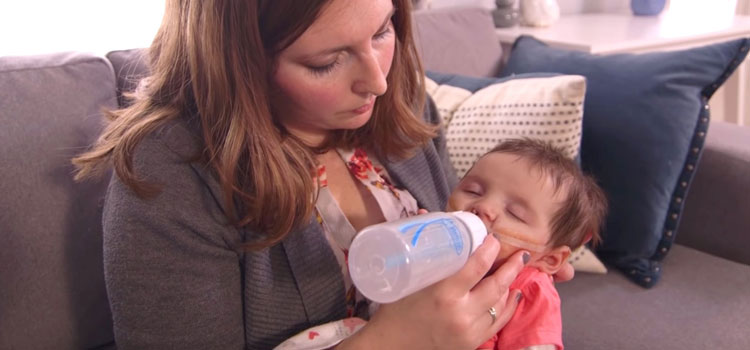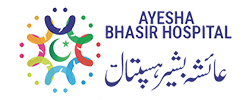Cleft lip and cleft palate are among the most common birth anomalies affecting children in Jhelum and worldwide. The incomplete formation of the upper lip (cleft lip) or roof of the mouth (cleft palate) can occur individually, or both defects may occur together. The conditions can vary in severity and may involve one or both sides of the mouth. Surgery is required to repair cleft lip and/or cleft palate.

Cause and correction
A cleft, or separation of the upper lip and/or the roof of the mouth, occurs very early in the development of your unborn child. During fetal development, certain components of the upper lip and roof of the mouth fail to grow together normally. In some cases, a syndrome may be responsible for the occurrence of the cleft. For most affected children, however, the cause will no be known. In these cases, the cleft is thought to result from a complex interaction of genetic and environmental factors.
Detecting Cleft Lip and/or Palate
Many, but not all, parents know in advance that their newborn infant will have a cleft lip from the prenatal ultrasound. The mother's doctor or the baby's future doctor can help parents meet with experts—called a cleft/craniofacial team. Prenatal consultation involves parents meeting various members of the cleft/craniofacial team and learning about the care of children born with cleft lip.
Normally, a cleft palate is not seen until after a baby has been born. A nurse, a doctor, or a parent may notice that the top of the mouth looks different. The cleft palate may involve most or just the farthest part of the roof of the mouth.
Common Concerns from Parents
Being the parent of a newborn with a cleft lip, cleft palate, or both can feel overwhelming. Simple things like feeding your baby might now be more complicated. Parents wonder how people may react when they see their baby has a cleft lip. Parents also worry how the cleft lip or cleft palate will affect their child long-term—socially and developmentally.
If you are worrying about any of these things or others, talk with your child's pediatrician. He or she can help answer questions and even direct you to a parent support group near you.
Feeding a Baby with Cleft Lip and/or Palate
In general, babies with a cleft palate either as cleft lip with cleft palate or cleft palate alone, suck weakly and need a special bottle to feed. Support from a feeding therapist, certified lactation consultant, and/or nurse experienced in feeding children with cleft palate is recommended for parents.

A baby born with a cleft lip without cleft palate may also need extra help with feeding. However, most babies with cleft lip can feed from the breast or a normal bottle. This is also true for babies with cleft lip and cleft gum.



